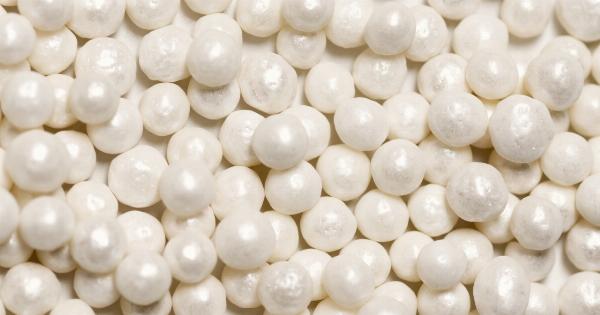Coffee is one of the most widely consumed beverages in the world and is often praised for its many health benefits such as reducing the risk of type 2 diabetes, liver disease and some types of cancer.
However, what many people don’t know is that excessive coffee consumption can take a toll on your bone health. In this article, we will explore the dangers of coffee on bone health and what you can do to mitigate the risks.
What is Osteoporosis?
Osteoporosis is a medical condition that causes bones to become brittle and fragile due to the loss of tissue. This can result in fractures of the hip, spine, and other bones in the body.
Osteoporosis can be caused by many factors such as aging, low levels of estrogen, low calcium intake, and a sedentary lifestyle. However, what many people don’t know is that excessive coffee consumption can also play a role in the development of osteoporosis.
How Coffee Affects Bone Health
Coffee is known to contain several compounds such as caffeine, polyphenols, and diterpenes that can affect bone health.
Studies have shown that excessive coffee consumption can lead to increased bone loss, reduced bone density, and an increased risk of fractures.
Caffeine, one of the main components of coffee, is known to increase the amount of calcium excreted in the urine. Calcium is essential for building and maintaining strong bones.
Therefore, excessive caffeine intake can lead to a calcium deficiency which can weaken bones and increase the risk of fractures.
Polyphenols, another component found in coffee, can also affect bone health.
While polyphenols can have health benefits such as reducing inflammation and improving cardiovascular health, they can also interfere with the absorption of calcium in the body. This can lead to a calcium deficiency and weaken bones over time.
Diterpenes, a compound found in unfiltered coffee, have also been shown to have negative effects on bone health. Studies have found that high levels of diterpenes in the blood can reduce bone strength and increase the risk of fractures.
The Recommended Amount of Coffee Consumption
Although coffee can have many health benefits, it is important to keep your consumption within recommended limits to avoid negative effects on bone health. The recommended amount of coffee consumption is no more than 3-4 cups per day.
This is equivalent to approximately 300-400 milligrams of caffeine per day. Anything exceeding this amount can lead to an increased risk of osteoporosis and other negative effects on bone health.
It is also important to note that the negative effects of coffee consumption on bone health are not limited to just coffee itself. Many people consume coffee with added sugars, creams, and other additives which can also affect bone health.
Therefore, it is recommended to consume coffee black or with non-dairy milk if possible and without added sweeteners or sugar.
Preventing Osteoporosis
While excessive coffee consumption can increase the risk of osteoporosis, there are several ways to prevent this condition and maintain strong bones.
One of the most effective ways is to consume foods that are rich in calcium such as dairy products, leafy greens, and fortified foods. Vitamin D is also important for strong bones and can be obtained through sunlight, supplements, and fortified foods.
Physical activity such as weight-bearing exercises can also help maintain strong bones and reduce the risk of osteoporosis. It is recommended to engage in weight-bearing exercises at least 3 times per week for 30 minutes.
This can include activities such as walking, dancing, and strength training.
Conclusion
Coffee can have many health benefits, but excessive coffee consumption can lead to negative effects on bone health such as increased bone loss, reduced bone density, and an increased risk of fractures.
It is important to keep your consumption within recommended limits and to consume coffee without added sugars or cream. By consuming a diet rich in calcium, getting enough vitamin D, engaging in physical activity, and limiting coffee consumption, you can maintain strong bones and reduce the risk of osteoporosis.































